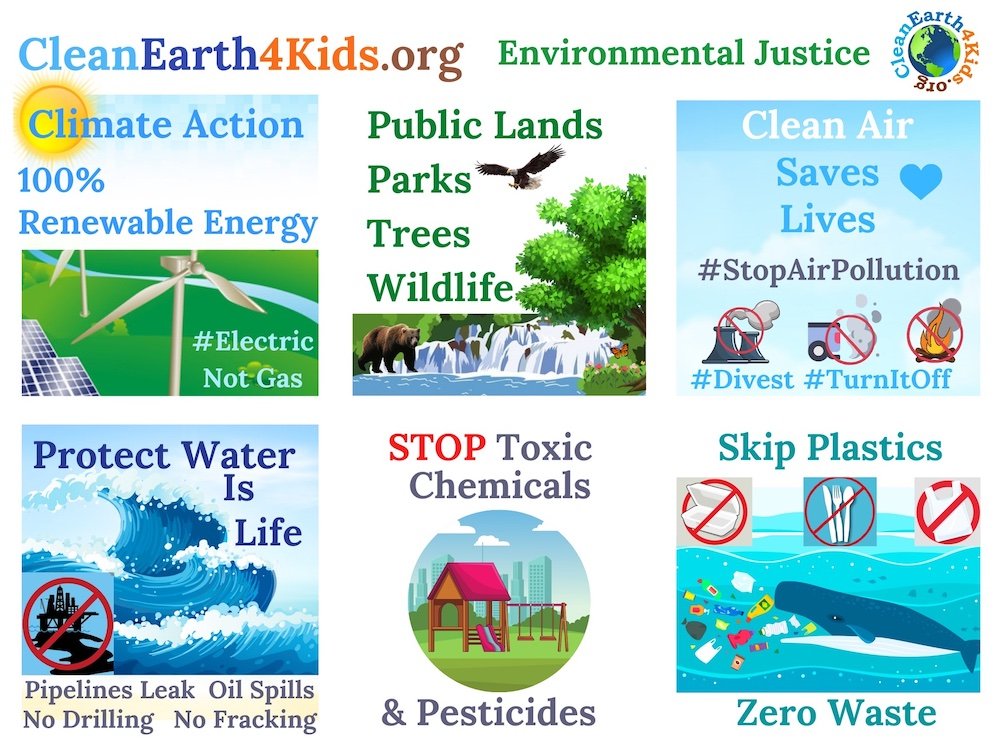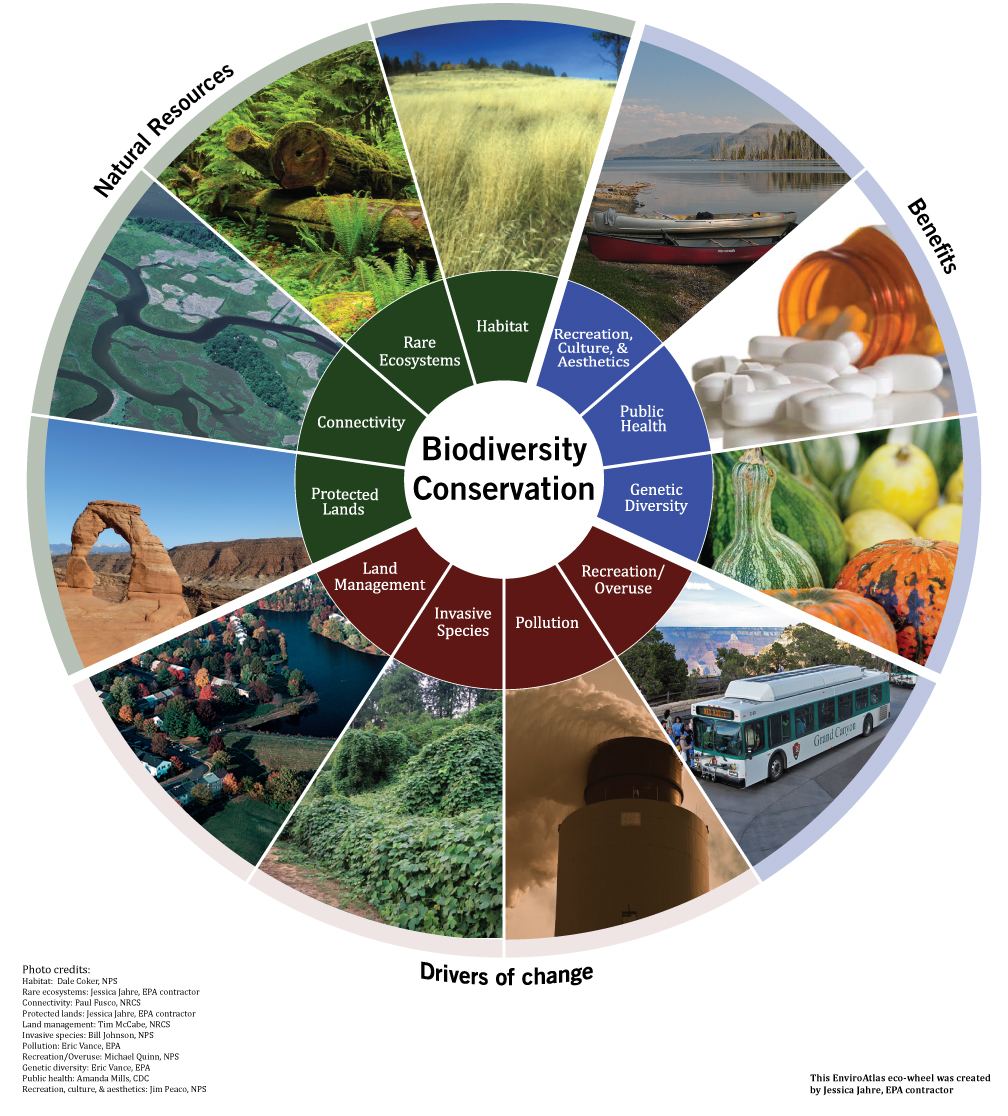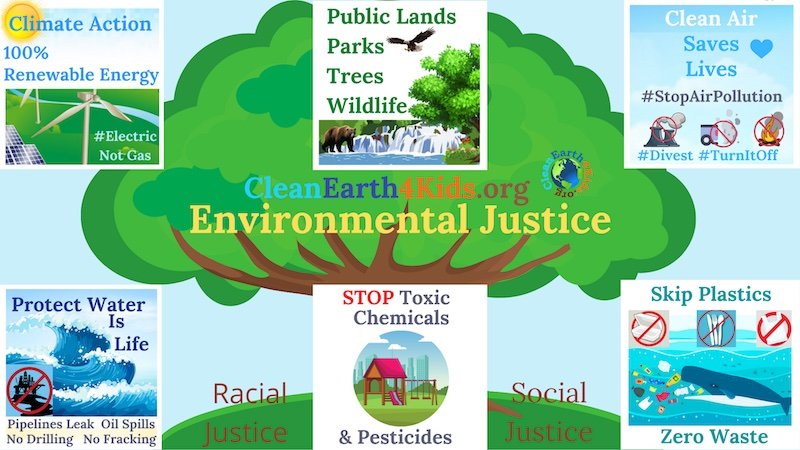Title: Harnessing Sustainable Agriculture for a Greener Future – Tips and Strategies
Introduction:
Sustainable agriculture is the practice of farming in a way that preserves the environment, nourishes communities and produces healthy and sufficient food. As the world faces the challenges of climate change, soil degradation and food insecurity, sustainable agri practices have become more crucial than ever. In this blog post, we will discuss tips and strategies for harnessing sustainable agriculture for a greener future while optimising for SEO keywords to help you maximise your reach and impact.
Keyword:
Sustainable agriculture, farming, environment, climate change, food insecurity
Tip 1: Soil Management
Soil is the foundation of sustainable agriculture. Healthy soil stores carbon, improves plant growth and reduces the need for synthetic fertilisers and pesticides. You can manage your soil through soil conservation practices such as no-till farming, crop rotations and cover cropping. These practices help to increase organic matter, soil structure and water-holding capacity, thus ensuring better yields and protecting the environment.
Tip 2: Water Conservation
Water is a precious resource that is essential for agriculture. However, water scarcity and pollution have become major challenges for farming communities. You can conserve water by adopting practices such as drip irrigation, rainwater harvesting and soil moisture monitoring. These practices help to reduce water waste and ensure efficient use of this essential resource.
Tip 3: Agroforestry
Agroforestry is an agricultural practice that involves planting trees and shrubs alongside crops to create a diversified and sustainable farming system. Agroforestry helps to improve soil health, reduce erosion, provide shade and shelter for plants and animals, and restore degraded land. By incorporating agroforestry practices into your farming system, you can maximise productivity while preserving the environment.
Tip 4: Organic Farming
Organic farming is a sustainable agricultural practice that avoids the use of synthetic fertilisers and pesticides. Instead, it relies on natural inputs such as compost, manure and crop rotation to increase soil fertility, pest control and overall crop quality. Organic farming promotes biodiversity, reduces pollution and greenhouse gas emissions, and helps to mitigate climate change.
Tip 5: Crop Diversity
Crop diversity is an essential component of sustainable agriculture. Growing a variety of crops helps to increase soil health, reduce pest and disease pressure, and ensure a more balanced ecosystem. Crop diversity also promotes food security and helps to fight against hunger and malnutrition in farming communities.
Conclusion:
As we face the challenges of climate change, soil degradation and food insecurity, sustainable agriculture has become more important than ever. By adopting practices such as soil management, water conservation, agroforestry, organic farming and crop diversity, we can create a more sustainable and resilient farming system that protects the environment, nourishes communities and produces healthy and sufficient food. With these tips and strategies, you can harness sustainable agriculture for a greener future while optimising for SEO keywords to help you maximise your reach and impact.











